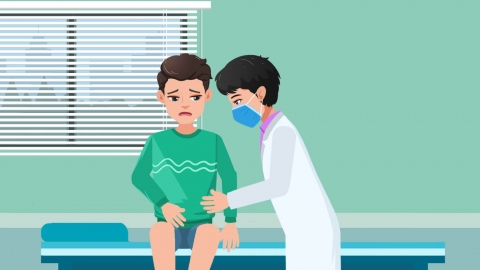What tests are done for colorectal cancer?
Blood in stool tests, colonoscopy, tumor marker testing, imaging examinations, and digital rectal examination are common diagnostic methods for colorectal cancer. A comprehensive evaluation using multiple approaches helps confirm diagnosis and assess disease severity. If symptoms such as bloody stools, abdominal pain, or changes in bowel habits occur, timely medical evaluation is recommended.
1. Fecal occult blood test: This test detects microscopic amounts of hidden blood in the stool and is a commonly used method for early screening. It is simple and non-invasive. A positive result requires further testing to determine the cause of bleeding.
2. Colonoscopy: This allows direct visualization of mucosal abnormalities in the intestinal tract. During the procedure, tissue samples can be taken for biopsy if polyps, ulcers, or tumors are found. It is considered the gold standard for diagnosing colorectal cancer and is suitable for both high-risk population screening and definitive diagnosis.

3. Tumor marker testing: This involves measuring levels of markers such as carcinoembryonic antigen (CEA) and carbohydrate antigens in the blood. These tests assist in diagnosis and monitoring disease progression but must be interpreted alongside other findings, as they cannot independently confirm a diagnosis.
4. Imaging studies: These include abdominal CT and magnetic resonance imaging (MRI), which help determine tumor size, location, and whether metastasis has occurred. They provide critical information for clinical staging and treatment planning.
5. Digital rectal examination: The physician inserts a finger into the rectum to examine the lower portion. This simple and quick procedure can detect low-lying rectal cancers and polyps, making it an important tool for general screening and initial outpatient assessment.
Prior to testing, follow medical instructions for bowel preparation, consume a light and easily digestible diet, and avoid spicy, greasy, or high-fiber foods. After the examination, rest appropriately, gradually resume normal eating, and maintain regular bowel habits.




